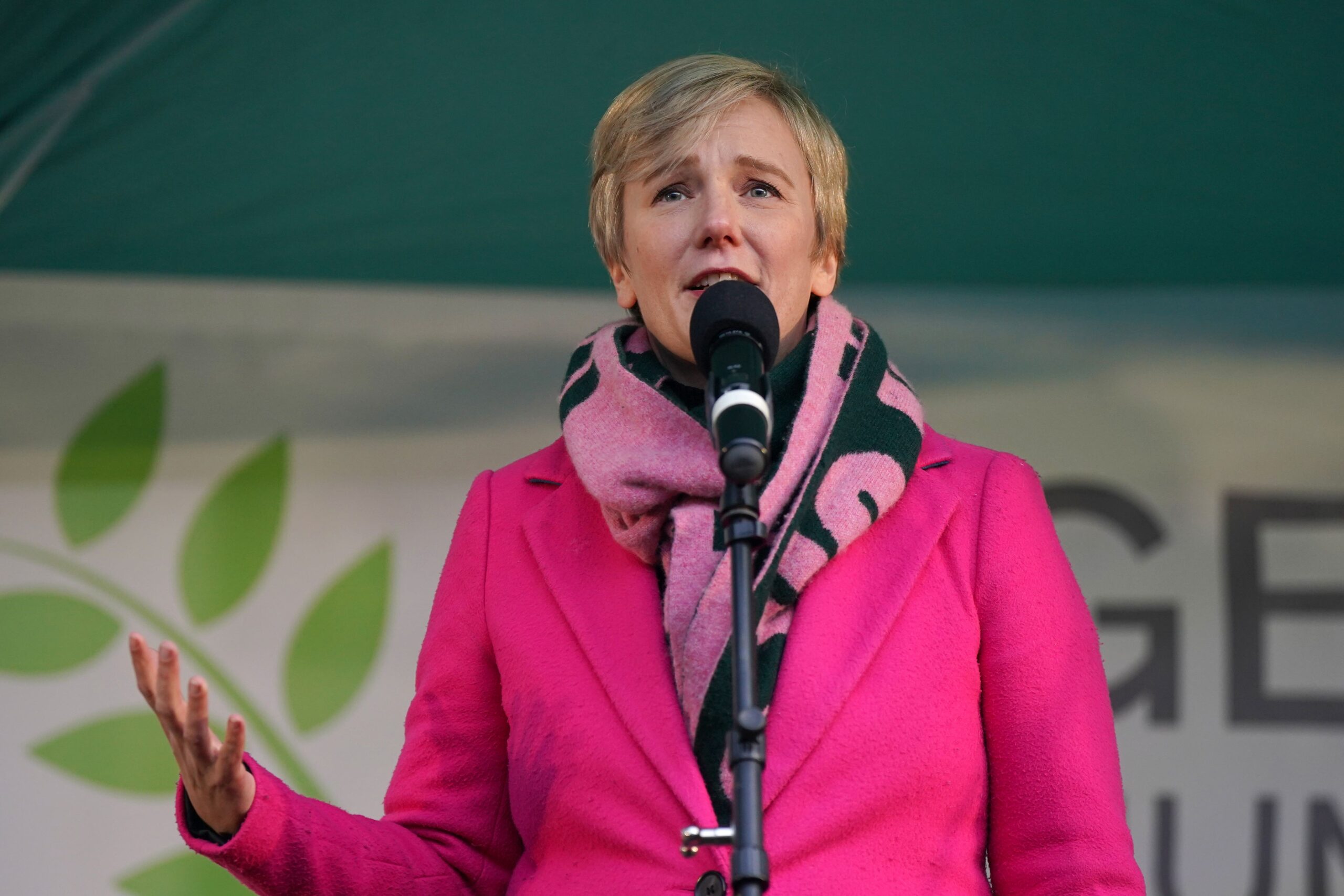Fewer than half of young men believe abortion should be legal, far less than the general population, a shocking new poll has found.
Just 46 per cent of 18 to 36-year-old men believe abortion should be legal in all or most cases, compared with 71 per cent among the general population.
Amid concerns about the rise of the manosphere – a growing online community of hypermasculine influencers – the Ipsos poll showed a stark drop in support for abortion in those aged under 36.

Eight in 10 55 to 75-year-old men support abortion being legal in all or most cases, while three-quarters of 35 to 54-year-olds do. And, among those aged 18 to 36, more than a third of men think abortion should be illegal in most or all cases, the poll found.
Labour MP Stella Creasy, a prominent campaigner in parliament for abortion access, told The Independent: “Those [who are] complacent that abortion access is supported in this country don’t understand the culture war is chipping away at all women’s rights, including healthcare.”
The polling comes before MPs vote this week on decriminalising abortion through amendments to the Crime and Policing Bill.

Currently, abortions can legally be carried out within the first 24 weeks of pregnancy in England, Scotland and Wales.
They must be approved by two doctors, with the health professionals agreeing continuing with the pregnancy would be riskier for the physical or mental health of the woman than having an abortion. While this is what the law stipulates, in reality, abortions can be given, whatever the person’s reasoning.
But an amendment tabled by Ms Creasy would see abortion enshrined as a human right, as has been done in Northern Ireland.
“The only way we can stop women being targeted in this way and ensure they have safe and legal access is to designate abortion a human right as we have in Northern Ireland, and only new clause 20 to the policing bill will do that,” she added.

A rival amendment tabled by Labour’s Tonia Antoniazzi – which would mean women can no longer be prosecuted for terminating a pregnancy in England and Wales – is seen as more likely to get the backing of MPs.
Ms Antoniazzi told The Independent the poll should serve as “a reminder to male MPs for the vote on Tuesday that they can’t just leave this work to women”.
She urged colleagues to back her amendment and added: “This is one poll. It’s important to recognise that this poll, just like every other on abortion, shows that the country as a whole remains staunchly pro-choice.”
But she said the findings were a “clear example of the fact that women’s hard-won rights can never be taken for granted”.
It “underscores why we must always keep fighting to preserve and advance them, as we do,” she added.
It came as a row broke out in the final days before Tuesday’s votes, with supporters of Ms Creasy’s amendment accusing backers of Ms Antoniazzi of a campaign to get MPs to withdraw their support.
Ms Creasy fears Ms Antoniazzi’s amendment does not go far enough in enshrining and protecting the right to abortion, but the British Pregnancy Advisory Service (BPAS) said it has “profound concerns” about the drafting of Ms Creasy’s amendment.
It called on MPs to withdraw their support for Ms Creasy’s proposal and refuse to support it.
Ahead of the votes, Ipsos found broad support for abortion access except among young men.
The pollster also found that around half of voters think the current 24-week time limit for abortions is “about right”, with a quarter saying it is too late and just 4 per cent saying it is too early. Nigel Farage said last month that it is “ludicrous we allow abortion up to 24 weeks” and that the law is “totally out of date”.
And, asked about illegal abortions, just over half of voters said the person who performed an abortion should face a penalty, compared with under a third who think the woman having the abortion should.
Ipsos Pollster Kate Duxbury at Ipsos said: “While the majority of Britons support legal abortion, with seven in ten in favour, our polling reveals a significant fault line: less than half of young men aged 16-34 agree.
“This divergence, coupled with the fact that around half of Britons think the current 24-week limit is ‘about right’, highlights the complexities facing policymakers as they consider decriminalisation. It’s clear that public opinion is far from monolithic, demanding a nuanced approach to this sensitive issue.”
